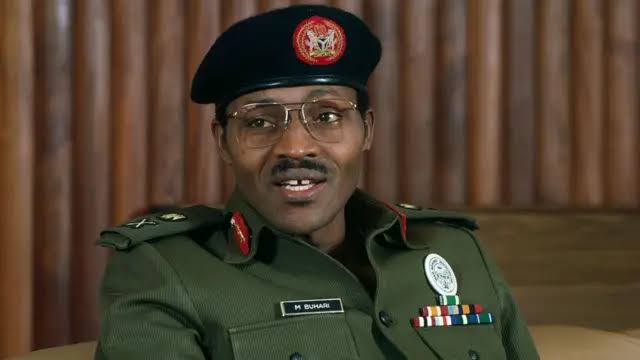Muhammadu Buhari, Nigeria’s former president, has led a life marked by significant events that have shaped the country’s history.
As he celebrates his 82nd birthday, it’s essential to examine his life, highlighting both his accomplishments and controversies.
Early life
Buhari was born on December 17, 1942, in Daura, Katsina State, Nigeria.
He attended primary school in Daura and Mai’Adua, finishing in 1953, and later attended Katsina Provincial Secondary School.
*Military Career
Buhari’s military career spanned several decades, during which he played a crucial role in Nigeria’s military coups.
He was a key player in the 1983 coup that overthrew the Second Nigerian Republic, and he later became the Head of State.
*Economic Reforms
As Head of State, Buhari implemented several economic reforms aimed at addressing Nigeria’s economic challenges.
He introduced the War Against Indiscipline (WAI) policy, which aimed to promote public morality and civic responsibility.
He also enacted decrees to investigate corruption and control foreign exchange.
*Human Rights Criticisms
Buhari’s military regime was criticized for its human rights abuses, including the detention of politicians, activists, and journalists.

The regime also implemented draconian laws, such as Decree 4, which prohibited the publication of false statements against the government.
*Later Life and Politics
After his overthrow in 1985, Buhari was detained for three years.
He later retired to his residence in Daura and became involved in politics again.
He ran for president several times before eventually winning the election in 2015.
Tenure as civilian President
His tenure as civilian President of Nigeria, spanning from 2015 to 2023, was marked by significant events and challenges.
Upon assuming office, Buhari faced a daunting task of addressing the country’s economic woes, security threats, and corruption.
One of Buhari’s major campaign promises was to tackle corruption, and his administration made some notable strides in this regard.
He launched the Whistleblower Policy, which encouraged citizens to report corrupt practices, and his government recovered billions of naira in stolen funds.
However, Buhari’s administration was also criticized for its handling of security issues, particularly the Boko Haram insurgency.
Despite initial gains, the terrorist group continued to launch attacks, and the administration’s response was often seen as inadequate.
In terms of the economy, Buhari’s administration implemented several policies aimed at promoting growth and development.
These included the introduction of the Treasury Single Account (TSA), which aimed to reduce corruption and increase transparency in government finances.
Despite these efforts, Buhari’s administration faced criticism for its handling of the economy, particularly with regards to the high levels of unemployment and poverty.
The administration’s policies were often seen as slow to yield results, and the country’s economic growth remained sluggish.
In the area of education, Buhari’s administration launched the National Home-Grown School Feeding Programme, which aimed to provide meals to millions of schoolchildren across the country.
The program was seen as a significant step towards improving education outcomes and reducing poverty.
Overall, Buhari’s tenure as civilian President was marked by both successes and challenges.
While his administration made some notable strides in areas such as corruption and education, it faced criticism for its handling of security and economic issues.
Indeed Buhari’s life has been marked by significant events that have shaped Nigeria’s history. As he celebrates his 82nd birthday, it’s essential to reflect on both his accomplishments and controversies.



